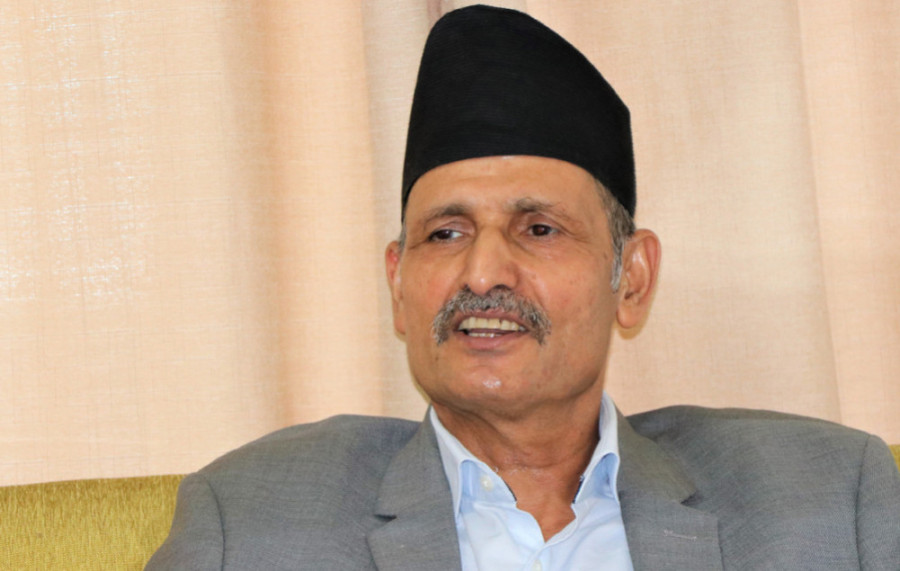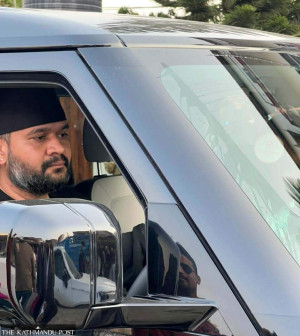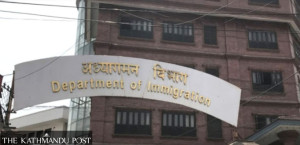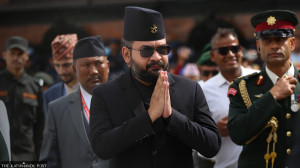National
Supreme Court orders criminal investigation against Maoist Vice-chair Agni Sapkota
Constitutional bench issues the order in long-delayed case related to 2005 murder of Arjun Lama.
Post Report
The Supreme Court on Wednesday issued an order directing the authorities concerned to initiate a criminal investigation against CPN (Maoist Centre) Vice-chairperson and former Speaker of the House of Representatives Agni Prasad Sapkota in connection with the alleged abduction and murder of Arjun Bahadur Lama in 2005.
A five-member constitutional bench led by Chief Justice Prakash Man Singh Raut issued the order while concluding hearings on three separate writ petitions, one of which was filed by Lama’s wife, Purnimaya Lama, over 14 years ago. The bench has ordered authorities to carry out a formal criminal probe based on her complaint registered with the Kavre District Police Office.
The ruling marks a breakthrough in a case that has seen significant political and legal delays. Human rights activists, including Kanak Mani Dixit and Sushil Pyakurel, had also filed separate petitions questioning Sapkota’s suitability for public office while the murder allegation remained unresolved.
The court’s decision comes after years of stalled investigations, during which Sapkota was elected to Parliament multiple times and held key positions, including minister for information and communications in 2011 and Speaker of the House in 2020. While Dixit’s petition was partially dismissed and the one by Pyakurel rejected, the court upheld Purnimaya Lama’s plea, instructing law enforcement to proceed with the criminal case.
The murder accusation dates back to April 2005, when Lama, a 45-year-old resident of Dapcha, Kavrepalanchok, was abducted by then-CPN (Maoist) cadres during the insurgency. He was never seen again. A National Human Rights Commission report later concluded that Lama had been killed after his abduction, implicating Maoist leaders, including Sapkota.
Despite repeated court instructions over the years, including one requiring police to provide biweekly updates, the investigation was left incomplete. In 2012, the government even moved to halt the probe, prompting another petition from Purnimaya. The Supreme Court then ordered the authorities not to stop the investigation process.
After the case was transferred to the Constitutional Bench in 2016, the hearing was deferred over 60 times, raising concerns about judicial delays in cases involving powerful political figures.
Wednesday’s order mandates that Sapkota be investigated under the criminal justice framework and that the District Police Office in Kavre carry out the probe based on the initial first information report.




 15.12°C Kathmandu
15.12°C Kathmandu













